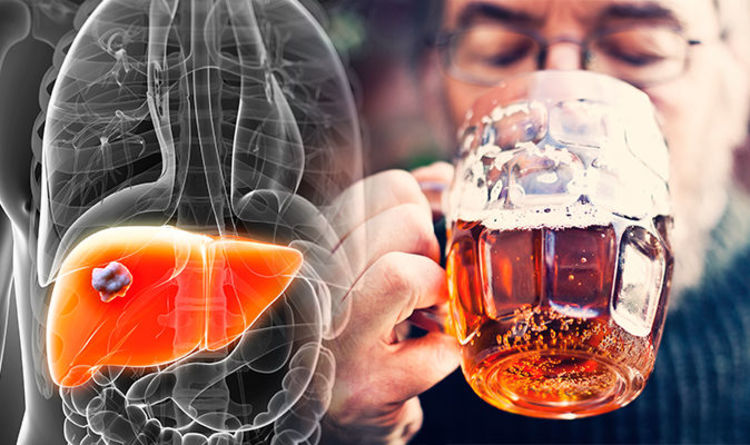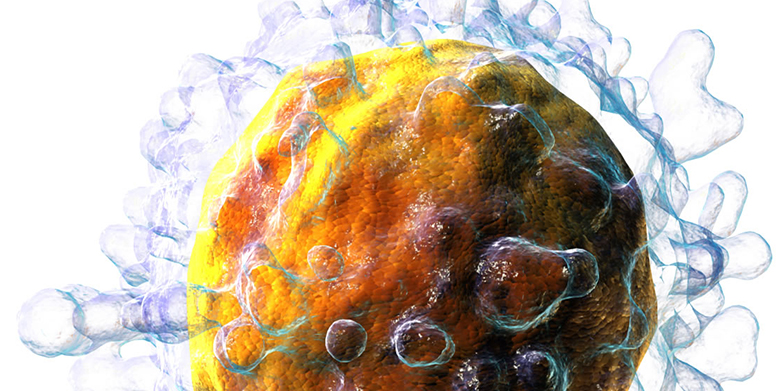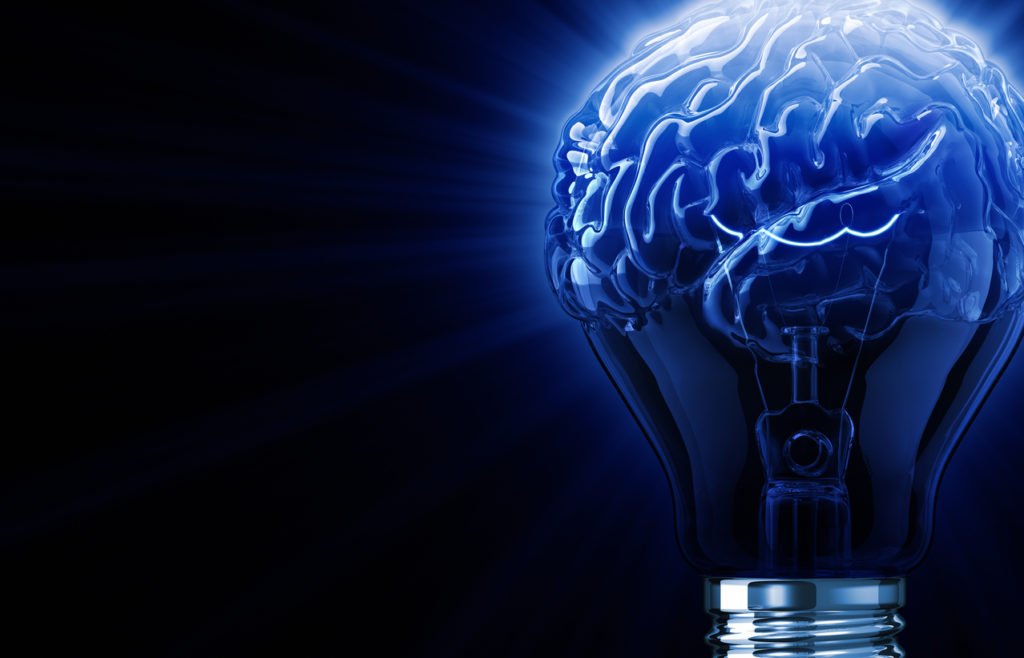Drinking. Is alcohol good for you? Today we’re going to talk about whether there might be benefits to consuming alcohol. On the one hand, alcohol biochemically, physiologically is bad for you. It’s a toxin. I think that’s really clear. On the other hand, We think it’s also very clear that fun and relaxation are extremely important to your health and that many people find alcohol helpful in having fun and relaxing, and to that extent, alcohol may indirectly have health benefits.
Liver damage

One of the reasons that alcohol might cause liver damage is because alcohol and vitamin A. The same enzymes that help you activate vitamin A help you get rid of and detoxify alcohol. So if there’s too much alcohol going through your liver, and it’s hogging all those enzymes, you might not activate as much vitamin A, so you don’t get the benefits of the vitamin A on your liver’s health, and therefore you interfere with your liver’s ability to maintain its health.
Oxidative stress

You can think of oxidative stress as the general wear and tear that occurs on your tissues that always accompanies life and increases with age, but is worsened in the presence of toxins and other harmful factors, among them alcohol.
Histamine metabolism

Alcohol downregulates diamine oxidase, or inhibits its activity, one of the key enzymes in histamine metabolism, but there are other enzymes involved in histamine metabolism where alcohol actually shares the same enzymes, just as it does with vitamin A, and they can compete for each other for metabolism, so alcohol could contribute to allergies or histamine intolerance by getting in the way of those enzymes metabolizing histamine because they’re being used for the alcohol.
Now, if you take any of those principles, you could say that there could be a hormetic effect because if indeed alcohol causes oxidative stress, the body will react to that oxidative stress by improving its defenses against the oxidative stress. If indeed alcohol is needed by— needs certain enzymes for its metabolism, it will tend to upregulate those enzymes. So a small amount of alcohol might make you make more of the enzymes involved in getting rid of the alcohol, which means that you might get more of the enzymes involved in activating vitamin A to get more benefits of vitamin A, and you might make more of the enzymes involved in metabolizing histamine so that you can better get rid of the histamine.
The optimal dose of drinking in a day?

Well, the interesting thing is if you look at the observational data, which is just asking people how much alcohol they drink and then looking over time what is their health outcome, this doesn’t prove cause and effect, but there’s a massive amount of this data that’s carried over a very long period of time. And what you see is that for cardiovascular disease, there seems to be a maximal protective effect of alcohol that’s somewhere between 2.5 grams of alcohol per day and 30 grams of alcohol per day. To put that in perspective, a standard drink is 14 grams of alcohol. So we’re talking about a maximal effect that caps out at two drinks per day, but actually starts and perhaps is most maximal at two and a half grams per day, which is about a sixth of a drink. So we’re talking about a very small amount of alcohol.
If we look at diabetes and stroke, type 2 diabetes and stroke, we’re seeing something similar, although the maximal effect seems to be closer to 10 to 14 grams a day, which is about roughly two-thirds of a drink to one drink per day. So we’re talking about a very small amount of alcohol.
The amount of alcohol that is good for you from a physiological and biochemical standpoint is well below the amount of alcohol that you need to have fun. But then again, having fun is good for you. So every once in a while, we think it’s okay to get drunk, but don’t expect that to be doing you any biochemical or physiological favors.



